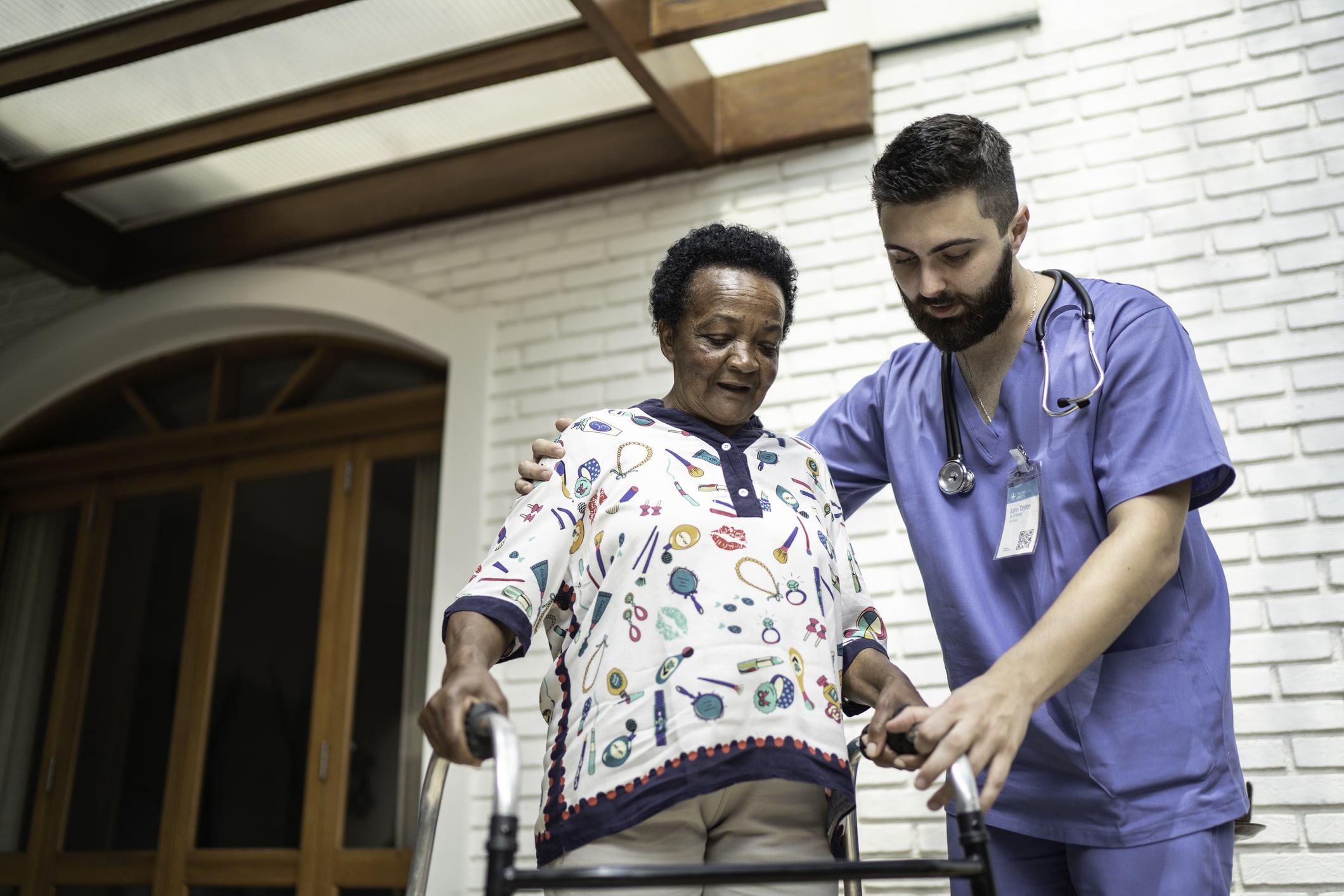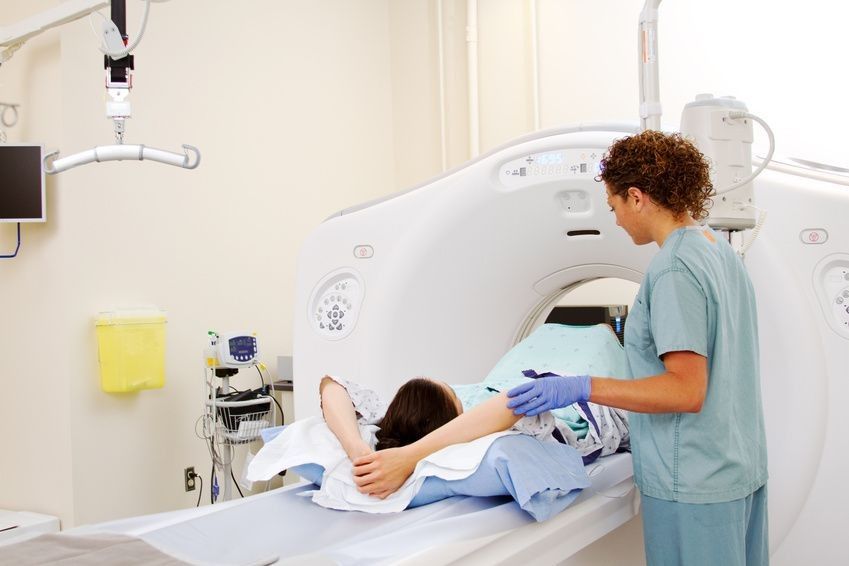When a loved one is suffering from dementia or another memory-based progressive illness, there will come a time when it is no longer feasible and safe for them to remain living independently in their own home.
Memory care assisted living communities are specialized facilities that cater to adults who are suffering from memory-based illnesses; so if you’re wanting more information, read on, this article will explore memory care services and assisted living in more detail.
Assisted Living Communities
Essentially, assisted living communities are facilities whereby older adults can live as independently as they can for as long as they can. A typical resident of an assisted living community requires a higher level of support and, sometimes, medical care than a traditional nursing home, and medical staff are onsite 24/7 to help with anything they need.
Assisted living facilities such as Belmont Village Senior Living typically offer three meals and various snacks per day to every resident, and in each apartment, there is usually a kitchenette. In addition, in terms of medication management, treatment, and doctor appointments, the staff in assisted living facilities can order, reorder, and distribute medications and repeat prescriptions, removing the burden of responsibility from yourself and other caregivers.
Most assisted living communities offer a laundry service as part of the day-to-day care of the residents, but if your loved one would prefer to do their own, this is also always catered for.
Specialized Memory Care Living Facilities
Memory care residences within assisted living communities are ideal places for older adults who are suffering from dementia or a similar memory-related illness that require extra support and medical assistance in their day-to-day lives.
Trained medical professionals care for the residents around the clock and do everything in their power to meet their needs quickly, kindly, and effectively. Unlike standard assisted living facilities, memory care units within such communities do not contain their own kitchenette; rather, their meals are prepared and delivered to them personally.
Memory care units feature safe and secure outdoor areas that residents can use at their leisure and generally place a higher importance and necessity on security to protect the wellbeing of the residents. People suffering through the latter stages of dementia tend to wander and get lost without knowing where they are or where they came from, and many such communities ensure every resident has a subtle and simple tracking bracelet. Such bracelets alarm the staff onsite if a resident attempts to or accidentally attempts to leave the property.
In assisted living communities, communal areas within memory care facilities are carefully designed to project a calm, relaxing, and tranquil atmosphere. Plenty of natural light floods the rooms, and the emphasis is entirely on calming nerves and reducing stress and anxiety levels amongst the residents as much as possible.
Nutritionally-trained chefs prepare the resident’s meals and use hints and tricks to entice residents to eat the meals they create, as another side-effect that develops in the later stages of dementia is a loss of appetite. Such chefs are flexible and expert in their food presentation and preparation and endeavor to keep the older community members as interested in food as possible.
Are Assisted Living Facilities Right for Your Loved One?
There are several main considerations when looking at assisted living communities for a loved one to reside in. First, depression and low mood is becoming increasingly common in senior citizens, especially after the worldwide coronavirus pandemic. Second, an active social life is important for anyone of any age but becomes of even greater importance as a person ages with companionship, conversation, and communal activities drastically improving the quality of life for an older person. Finally, if your loved one seems to be isolating themselves from you and their family members and spending increasing amounts of time indoors on their own, it may be a sign that they would benefit from moving to an assisted living community.
Another indication will be if your loved one is starting to neglect general household chores and if their home seems more disorganized or less clean than it used to. It would be pertinent if you are beginning to suspect your loved one is struggling to check their cupboards and fridge for out-of-date food and the floors and window ledges for unusually high levels of dust build-up.
One of the most important considerations for the physical safety and wellbeing is to check if their mobility has recently declined. If a person, especially a senior, has limited mobility, even the most simple and normal routine tasks such as meal preparation and even getting out of bed become a chore and subsequently neglected.
Dealing With a Loved One’s Dementia Diagnosis
Upon diagnosing a memory-based illness, it is entirely natural and expected that you will feel a range of emotions not dissimilar to those your loved ones themselves will feel. Therefore, you need to be as patient as possible with your loved ones as they come to terms with their situation and always be on hand to provide positivity, patience, and reassurance, especially in the first few weeks.
Additionally, several proven to be effective ways of easing the transition of your loved one’s acceptance and understanding of their diagnosis. For example, documenting their thoughts, feelings, and emotions in a journal, confiding in a close family member or friend, and encouraging frank and honest discussions between them and their regular medical doctor are good starting blocks in coming to terms with their illness.
As a caregiver for someone who has been diagnosed with dementia, it is your responsibility to educate yourself as much as possible about the disease and the different progressive stages of the illness. Spend as much time with your loved one as is feasible and be sure to take some time out for yourself to ensure you are mentally well and strong to be able to be there for your loved one. Together, you and your loved one will support each other, and it is important to remain as positive as possible.









